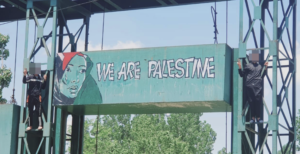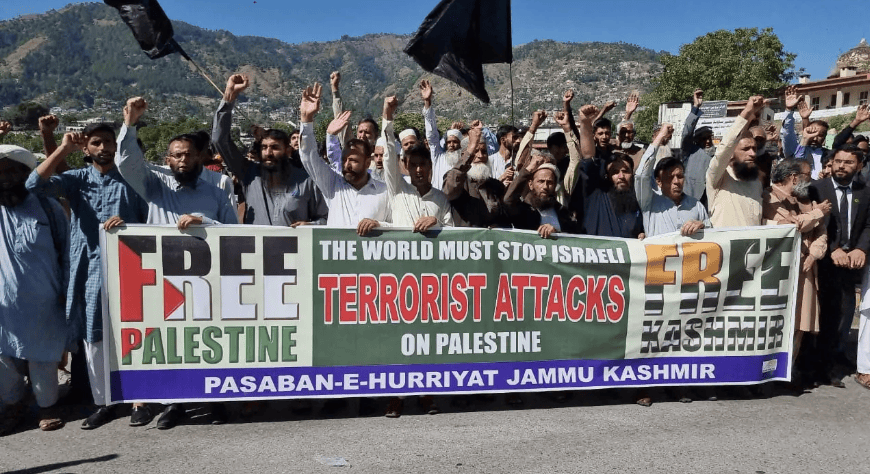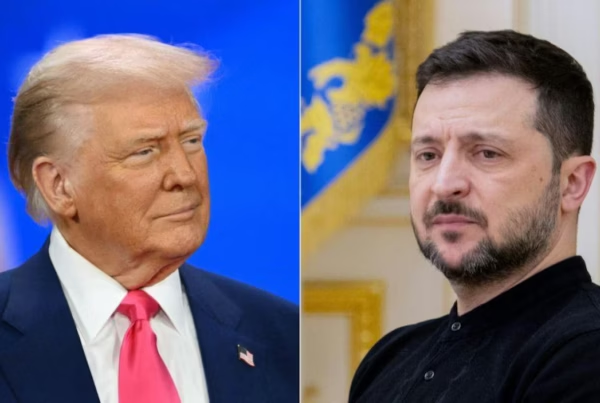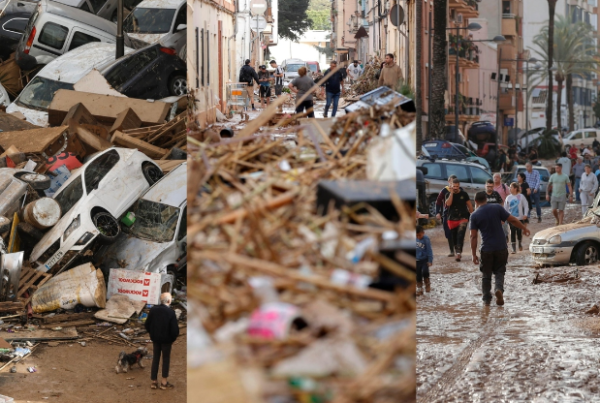“Palestine is very dear to us…but we are forced to be silent.”
These are the words of Mirwaiz Umar Farooq, a revered Muslim religious figure in Indian-controlled Kashmir. He is referring to the repressive measures taken by Indian authorities to prevent any Kashmiri protests against the devastating violence committed by Israel against Palestine after the October 7 attacks.
In the following weeks, Kashmiris have been banned from protesting and Muslim leaders have been forbidden from mentioning Palestine in their sermons. Furthermore, to ensure that no mobilizing efforts are initiated, Friday prayers have been banned, mosques have been closed, and clerical figures – like Farooq – have been placed under house arrest to ensure their silence. Guards have also surrounded places of worship to prevent any demonstrations from beginning and to ensure compliance with the implemented regulations.
Such censorship strikes the Kashmiris deeply, as they have a history of being staunch advocates for Palestine. Demonstrations in support of their “Muslim brothers and sisters” in the West Bank were held as early as 1967, when Israel annexed East Jerusalem. Since then, such demonstrations have erupted periodically and have been met with severe reprisals from Indian authorities. In 2021, for example, the first death outside of Gaza in a pro-Palestine protest happened in Kashmir, when Indian authorities opened fire on protesters, killing a teenage boy.
The Indian government has justified its actions by claiming that it was simply maintaining “law and order” in the area, according to Bharatiya Janata Party (BJP) spokesperson Atul Thakur. However, the authorities have long used such political buzzwords in order to justify restricting civil liberties in Kashmir. Under the guise of controlling “anti-national” elements in the area, Indian law enforcement has suppressed all action taken by the citizens of the area that could be construed as challenging New Delhi’s rule.
Such repression has escalated since 2019, when the government stripped the territory of Jammu and Kashmir of its special status within India by repealing Article 370, thereby bringing the contested territory completely under centralized Indian control. This action was met by intense protest from Kashmiris, and the government responded with widespread violations of their constitutional rights. For example, they arbitrarily detained many civilians for speaking out against the government and denied them access to their families, lawyers, and legal restitution. The prohibition of pro-Palestinian protests — even though the freedoms of assembly and expression are both protected by the Indian constitution — is yet another example of the oppression the Kashmiris have been subjected to since the nation’s inception.

This is a mural painted by a Kashmiri protestor in 2021 in support of Palestine. The artist was arrested by Indian authorities and forced to deface the painting – another example of India’s repression. (Source: Fresh Israeli-Palestine conflict evokes memories of past Kashmiri solidarity – Culturico)
India’s policy regarding Palestine in Kashmir also speaks towards the nation as a whole’s shift in stance regarding the conflict in Gaza. Since its formation, India has been a strong supporter of the Palestinian cause. It was the first non-Arab nation to acknowledge the existence of the State of Palestine in 1988. Even earlier, in 1947, it voted against a UN Resolution which established the state of Israel because they were uneasy about how it – from their perspective – constituted a settler state. An advocate against colonialism, India did not even establish proper diplomatic relations with Israel until 1992. Even then, the relationship between the two nations was developed away from the public eye, as leaders of the time did not want to risk upsetting the Muslim minority in India.
This pattern was broken under the rule of current Prime Minister Narendra Modi, who established the connection in a public manner by becoming the first Indian PM to visit Israel in 2017, and establishing numerous economic ties since then. Israel was a trusted supplier of weapons to India during the nation’s multiple conflicts with Pakistan and China, and now India is their primary foreign customer of arms, buying about $2 billion worth of them every year. The aid goes both ways. As a result of the war, Israel’s construction industry is facing a labor shortage due to the lack of Palestinian workers. To address this, negotiations have begun with India to make up for the scarcity by sending over Indian migrants. This interdependence extends to the private sector as well. The Adani Group, chaired by one of the wealthiest men in India, Gautam Adani, led the conglomerate which purchased the largest port in Israel, the Haifa port.
Beyond financial elements, India’s geopolitical shift towards Israel contains significant ideological undertones. Modi’s party, the BJP, which has inculcated a culture of Hindu nationalism within India, has long admired Prime Minister Netanyahu’s Israel as the ideal religious-nationalist nation. This has chilling implications for the future of Muslims in India and connects back to the repression occuring in Kashmir, a majority-Muslim land. It also explains the zeal that pushes Kashmiris to support Palestine despite the immense repression they face in return — they know all too well the feeling of being deprived of autonomy over ancestral territory.
Furthermore, considering India’s desire to be the “voice of the Global South,” as the nation proclaimed in the G20 summit last year, their actions towards Kashmir and Palestine are awfully hypocritical. How can a nation claim to represent the “voice” of marginalized nations when it is silencing its own citizens? This blatant contradiction between what India claims to represent and the intense repression taking place in Kashmir highlights the need for the international community to acknowledge the crisis and censure India for it. Often, in conflict-ridden territories like Kashmir or Palestine, acts of oppression are normalized in the broader geopolitical rhetoric as something that “just happens” in those areas. However, such dismissal perpetuates a culture of desensitization that permits further erosion of fundamental rights.
The forced silence imposed upon Kashmir must not be brushed aside under the classification of a “regional conflict” that has no standing on the international arena. It is rather a manifestation of a wider backsliding of democratic values that threatens the dignity of all people.
Other posts that may interest you:
- The Trouble with ‘Ecocide’
- Carbon dioxide removal – hit or miss?
- Local Victories for Turkish Opposition — A Sign of Hope?
- Are France and Japan a Mismatch Made in Heaven?
- A Reflection on Dark Tourism
Discover more from The Sundial Press
Subscribe to get the latest posts sent to your email.





